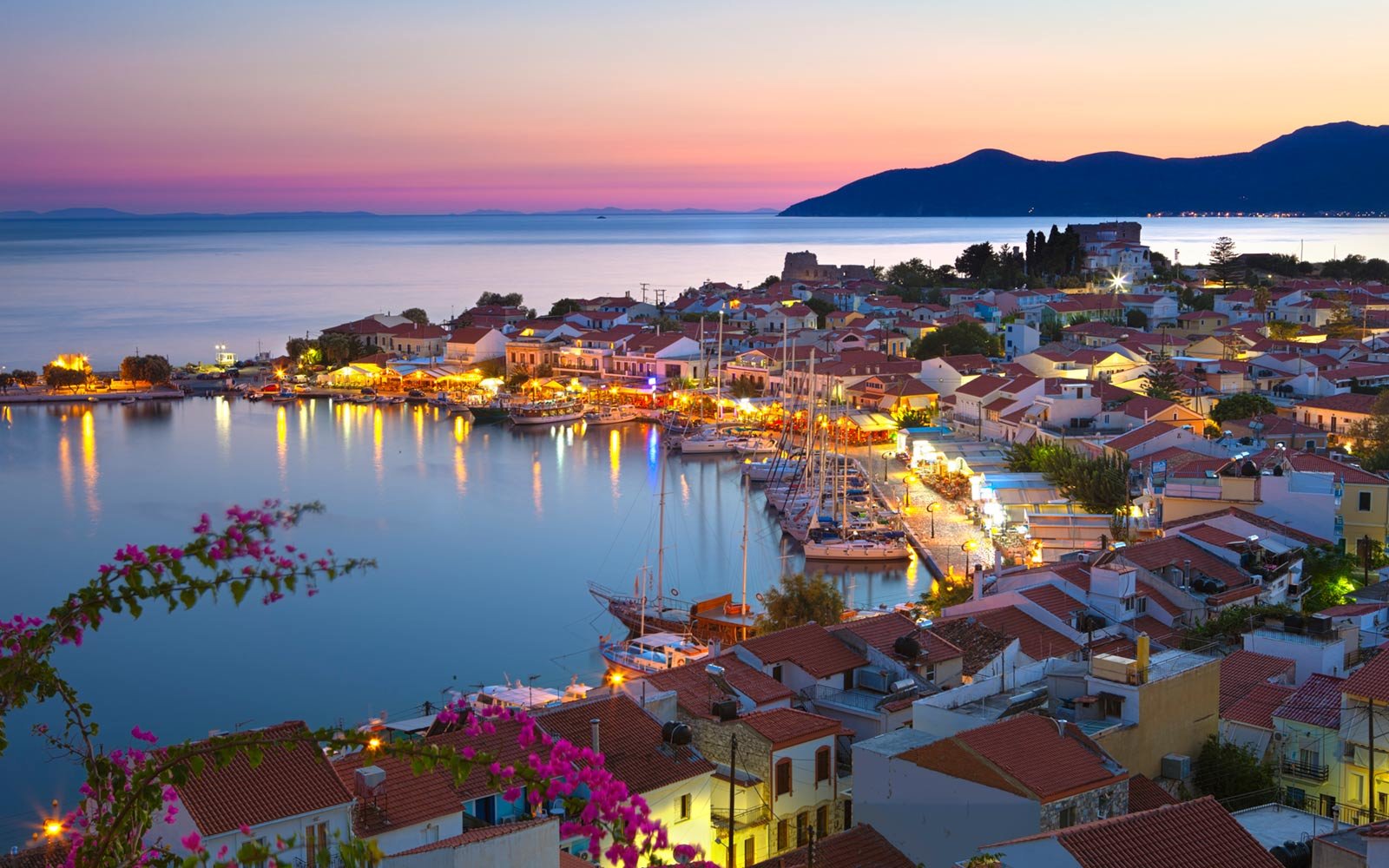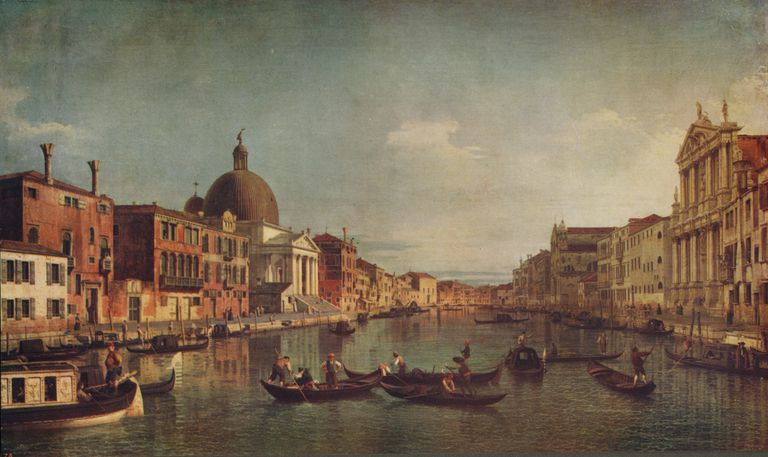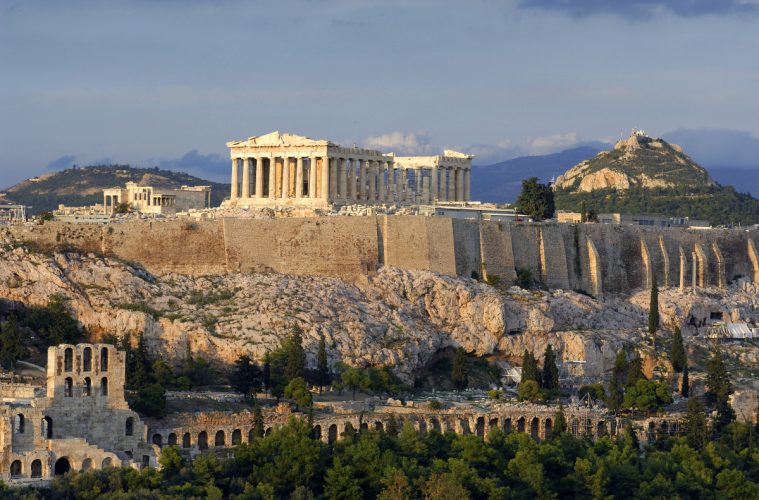
The foundation of western civilization was laid by the ancient country of Greece. It lies at the tip of the eastern European peninsula with its capital in the beautiful city of Athens. Greece is known for its culture that goes back to the early stone age and contains various relics of the ancient world. This rich culture is still preserved in the countless monuments which are scattered across the country.
These monuments act like windows into the past, giving us glimpses of how the world used to be all those years ago. However, sometimes, they can become a part of controversies that can bitterly divide two nations. One such treasure has had two nations at a standoff with each other for decades now.
Greece
Greece is a country whose historical and cultural legacy continues to shape the modern world. If you have ever voted, watched a movie, read a book, or gazed at the night sky in wonder, you can thank the ancient greeks for it. They presented us with democracy, philosophy, writing contracts and taxes. The country is bestowed with aesthetically pleasing landmarks that have existed for thousands of years and are considered historically significant.
Tourism
During the 1700s a new trend emerged in Europe, to roam the world or better known as Tourism. After graduation, sons from rich families would often head out to three years of long excursions across the continent. These voyages would often cease where modern Europe civilization originated, Athens.
The Ottoman Empire
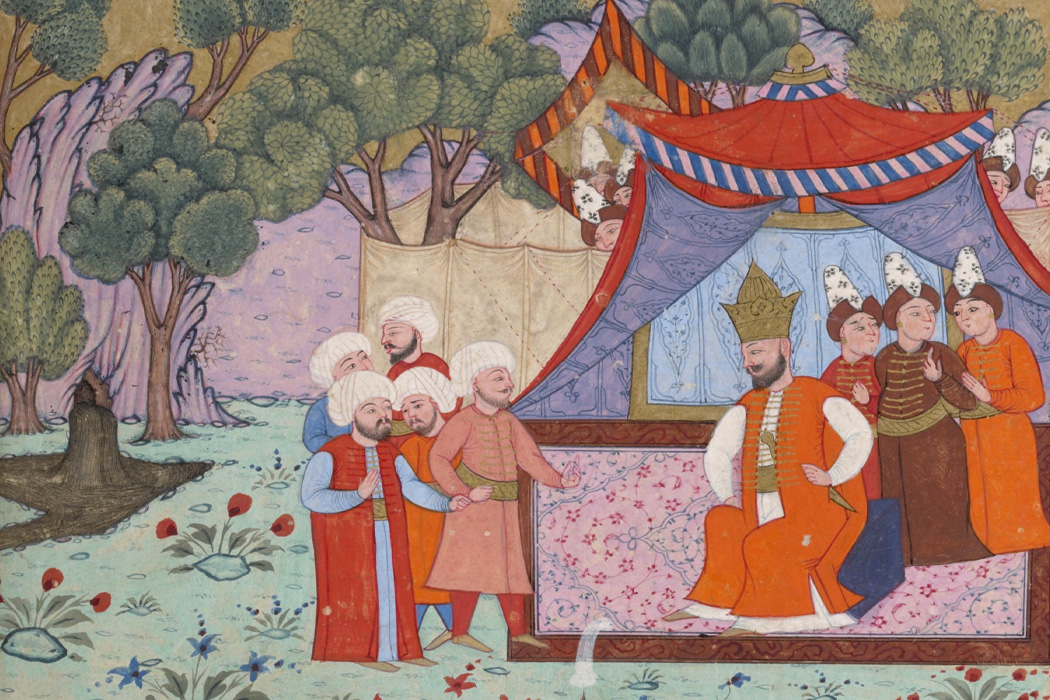
By this point in history, Greece had been governed by the Ottoman Empire for hundreds of years. They ruled Greece for 400 years until the Greek War of Independence in 1821. Under the Ottoman rule, one significant landmark of Athens went through some major changes.
The Parthenon
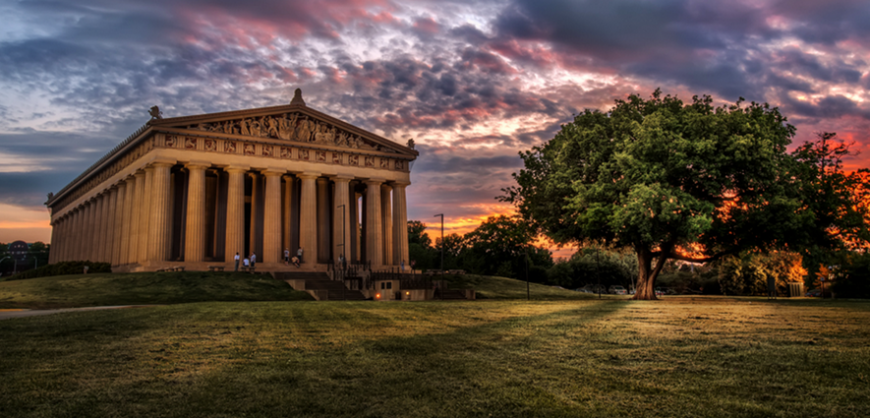
The Parthenon is one of the most exceptional treasures of Athens and was built thousands of years ago as a temple to the goddess Athena. Under the Ottoman rule, its functionality changed quite a bit. At first, it was converted into a garrison. Then the Sultan, Mehmed II, turned the Parthenon into a mosque. Soon, trouble came knocking at their door.
Invasion From Venice
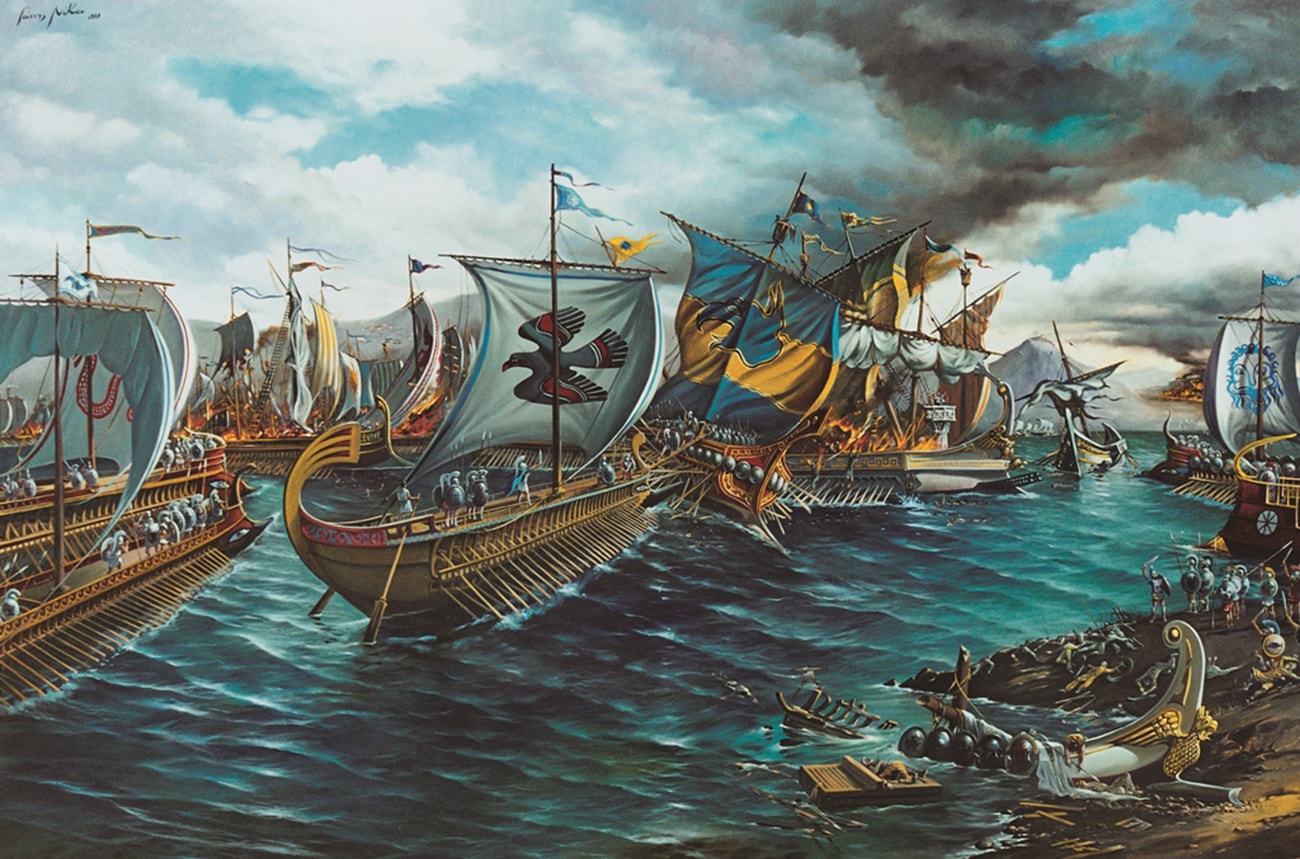
In 1687, the Ottoman Empire had to defend themselves against the invading army of Venice. For some reason, the Ottomans believed that the only logical thing to do is use The Parthenon to store gunpowder. This, of course, caused a lot of damage to the structure. But the situation went from bad to worse when the opposing army attacked.
The Attack
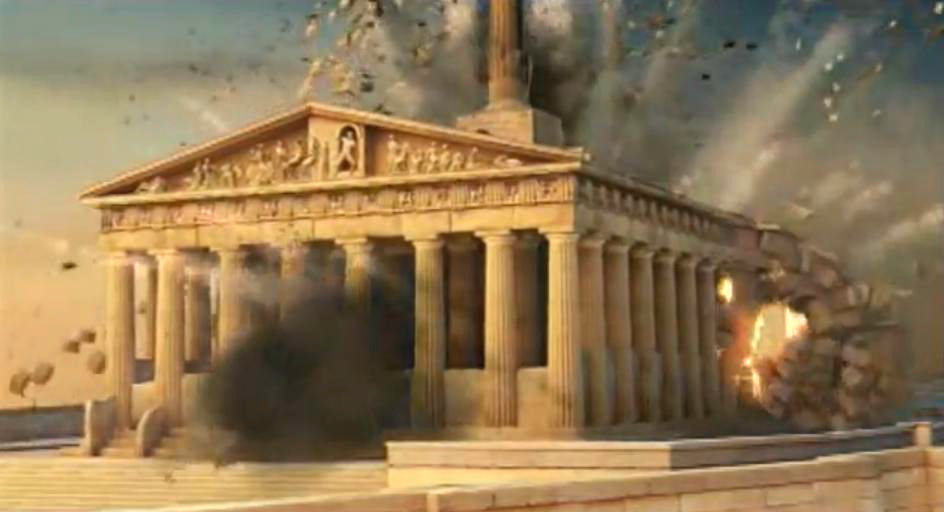
It is still unknown whether the opposition knew that the Parthenon was storing gunpowder or not, but they targetted the monument and attacked for three continuous days. Finally, a mortar struck the Parthenon detonating the gunpowder in it. This resulted in the entire roof of the Parthenon to explode leaving behind only the columns that are standing there to this day.

